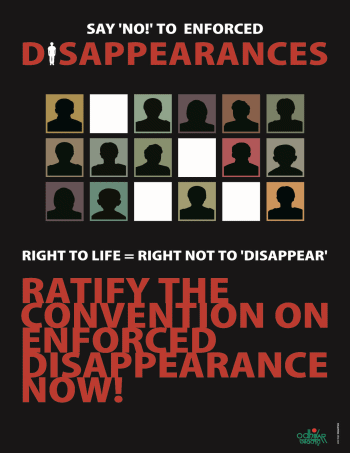The Garment industry in Bangladesh has developed tremendously since the eighties, however, in an
unplanned way. Currently, 3.5 million workers are engaged in 5,000 factories, 80 percent of them
women. The readymade garment sector earns Bangladesh a major share of the foreign reserve, and
hence keeping the economy moving. During the last fiscal year 2011-2012, the industry has earned
US $19 billion.
The value of labour for this principal foreign revenue-making industry is less, giving foreign buyers
incentive to line up in this country. The human rights of these poorly paid workers are violated by
the factory owners.
Incidents of fire are a common occurrence in the readymade garment factories; workers are injured
or killed in the fire. At 6:30pm on 24 November, 2012, the nine-storied Tazreen Fashions Limited
belonging to Tuba Group went up in flames at Nishchintapur in Ashulia, at the outskirts of Dhaka.
More than 100 workers died in the fire and another hundred were injured. It was learned that the
number of the workers in the factory were 1163.
Odhikar’s recommendations
- A criminal case will have to be filed, accusing government officials responsible for approving Tazreen’s factory establishment and storeroom, owners of the factory, members of the management and security and perpetrators who obstructed the workers from getting out of the factory as the fire spread.
- The exact list of the deceased workers at the Tazreen garments factory will have to be published and the responsibility cannot end by paying Tk 6 lac. BGMEA and the government will have to take responsibility of the deceased workers’ children below 18 and other members of the family who depended on their income.
- The exact list of the injured will have to be published. Where and how the BGMEA and the government have been providing rehabilitation and treatment to the wounded will have to be disclosed to the public. Many workers and children of the deceased workers are in obvious shock after the incident. Many are still haunted by the fear of fire. They should be provided counselling support.
- The government investigations reports must be made public.
- The garment industry will have to be developed in a planned way. Resolves to the infrastructural problems in the garment enterprises, workers’ safety at the workplace, fire safety preparedness and regular drills will have to be improved. Regular wages, health and medical facilities and housing arrangements need to be ensured to the workers. Workers cannot be restrained from forming trade unions. A welfare programme for garment workers will have to be supervised and established by the government. The industry can be protected if labour rights are secured by the responsible quarters.
Fact finding report-other-garment industry-2012-eng (full text in English, PDF)
Fact finding report-other-garment industry-2012-ban (full text in Bangla, PDF)
[geo_mashup_map height=”200″ width=”500″ zoom=”10″ add_overview_control=”false” add_map_type_control=”false”]




